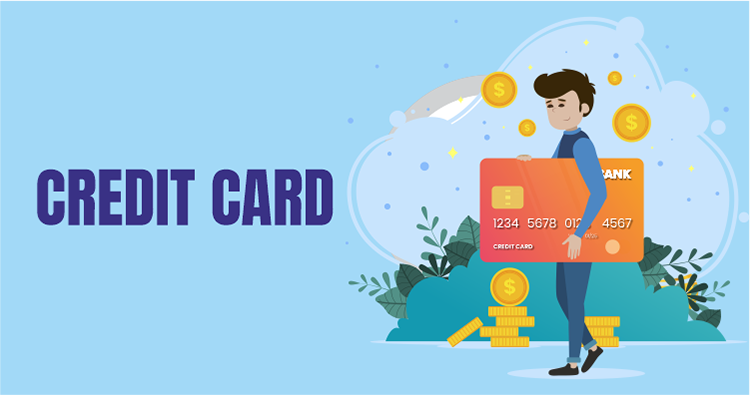

5 Reasons You Shouldn’t Depend on Credit Card for Emergencies
Everyone should have an emergency fund. An emergency fund will help you tide over any emergency situations such as job loss, medical emergency. However, many individuals don’t build an emergency fund as they believe that they can use their credit cards for emergencies.
While credit cards can come in handy during emergency situations and can complement the emergency fund, it is not the best option to rely on credit cards to take care of emergency expenses.
In this article, we will know about the importance of emergency fund and why you shouldn’t depend on credit cards for emergencies.
Credit card may not help you during job loss
The current scenario has put the jobs of many people at stake. An emergency fund will assist you in taking care of your necessary expenses till you find another job. However, in case of credit cards, you have to pay the balance dues at the end of the cycle. While it may be easy to pay off your credit card dues when you have a fixed monthly salary,it may not be viable without a fixed source of income.
Hence, building an emergency fund to provide financial support till you get a job is indispensable.
When you are using your credit card to pay for your emergency purposes, it is like taking a loan. It is because you can not pay it out from your pocket and you have to pay back the money later.
If you already have balance due on this credit card, the emergency expense will be an additional burden. And if you cannot pay it back in one go, you may have to pay interest.
Credit card companies charge double-digit interest rates if you cannot pay the due amount on time.
If you cannot pay the full amount, you can repay the outstanding amount over a period of period by paying the minimum monthly requirement amount. However, this payment facility comes with an enormous cost. Depending on your credit cycle, you may have to pay interest on the total amount and the interest on the balance amount until you pay the complete bill. This might mean that you may have to pay a lot of money as interest if you don’t pay the complete outstanding bill amount before the last date.
A good credit score isimportant for every adult. The credit score shows the creditworthiness of the individual. Based on the credit score, financial institutions offer credit cards and loans to their customers.
Carrying forward credit card balance, not paying credit card dues on time and a high credit utilisation ratio can hurt your credit score. Credit utilisation ratio measures the credit utilised when compared to the total credit limit.
So, if you use your credit card as your emergency fund and you could not pay off the dues on time, your credit score may take a hit.
When you carry forward a balance on your credit card, you risk falling into debt spiral. Even if you are using your card to pay for your emergencies, you may accumulate more debt than you can pay.
Emergenciescome unannounced. And there might be times when you may have to face multiple emergencies together. During such a phase, you may not be able to depend on your credit card. There can be a possibility where you may have maxed out your credit card limit in the first emergency. Hence, you may run out of options to take care of your other emergencies.
Conclusion:
Along with an emergency fund, credit cards can support you during emergency scenarios. Credit cards are not a substitute for an emergency fund. Relying solely on credit card for emergencies may have a negative impact on your credit score and you may fall deeper in the debt trap. Hence, it is important to build an emergency fund in a liquid mutual fund and savings account to take care of long-term and short-term emergencies.
609-610, Pinnacle Business Park, Corporate Road, Near Prahladnagar Auda Garden, Satellite, Ahmedabad 380015.
103, Goodwill Bizhub, Plot No. C-3C, Next to Ikea TTC Industrial Area, Turbhe, Navi Mumbai. 400703.
+91 7940191105(Ahmedabad Office)
+91 8879338162(Mumbai Office)
+91 7940191103, 7940191104
Grievance Redressal
DISCLAIMER : Mutual Funds and securities investments are subject to market risks and there is no assurance or guarantee that the objective of the Scheme will be achieved. Past performance of the Sponsor/AMC/Fund or that of any scheme of the Fund does not indicate the future performance of the Schemes of the Fund. Please read the Key Information Memorandum and the Offer Document carefully before investing.
Safe Assets © 2021